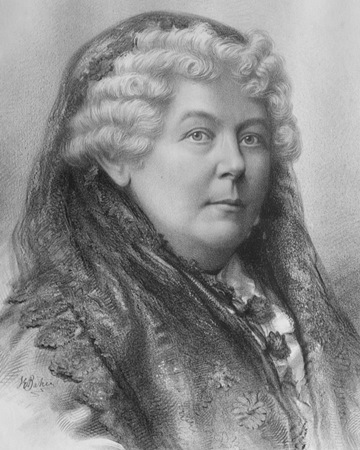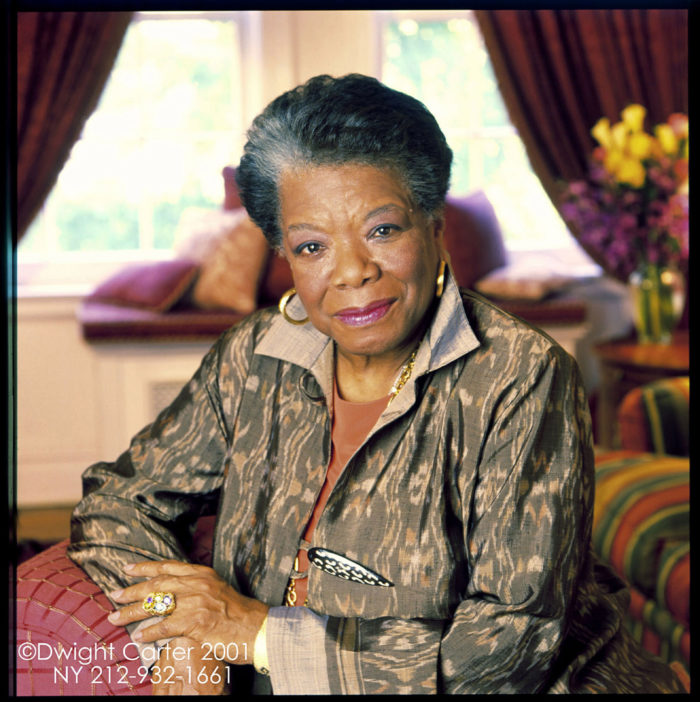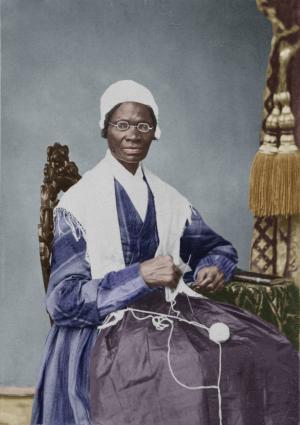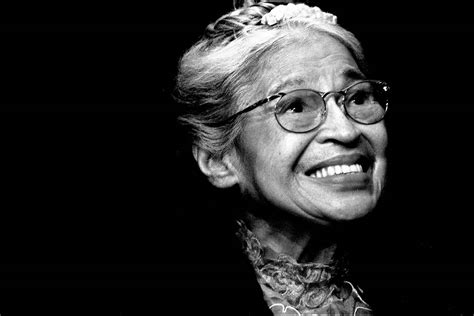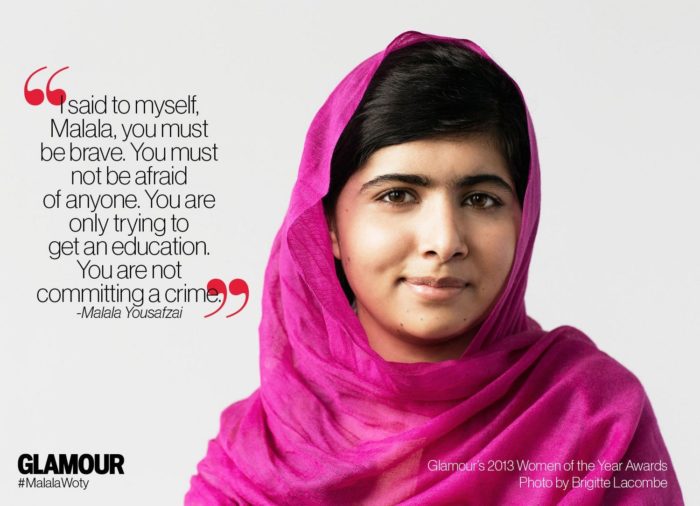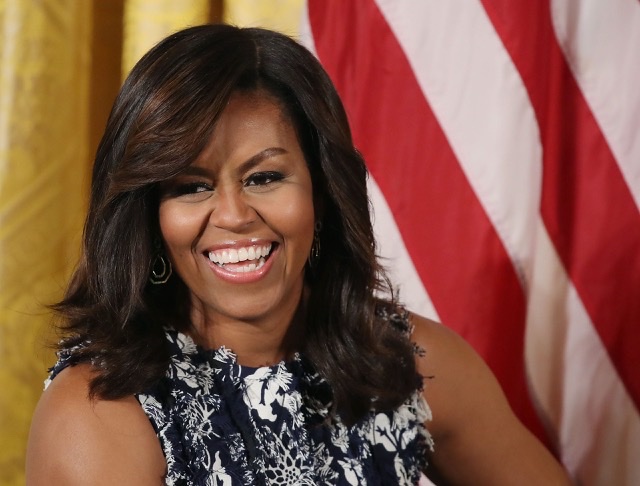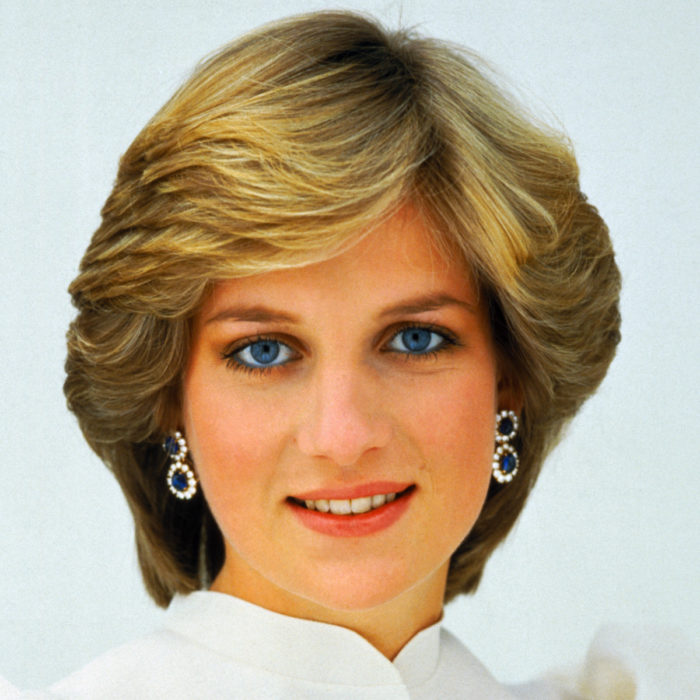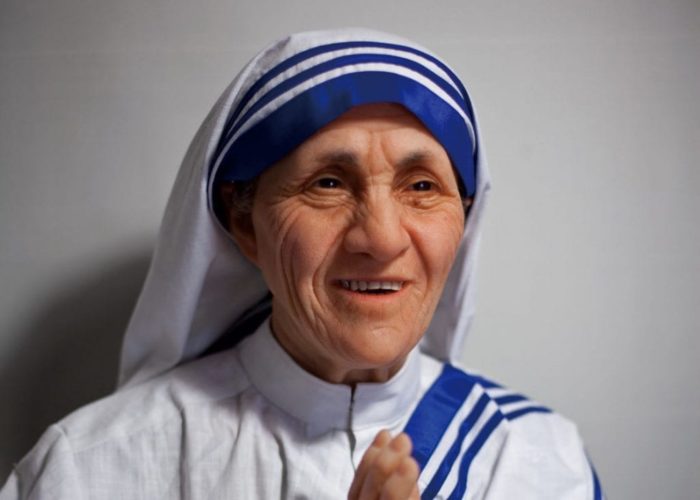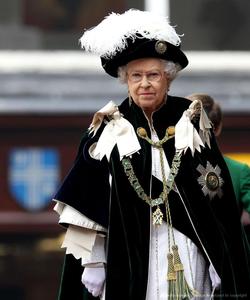By Amen Dilawar
Women’s History Month exists to showcase the full potential of women, and to honor their many cultural achievements. Most of the time, women don’t get enough appreciation for all they do, so this is why I feel it is imperative to celebrate this month.
This article brings attention to some unforgettable women whose leadership and intelligence have made a difference in the world. Having a “women’s month” is a great opportunity to reflect on women’s triumphs as well as the obstacles they have faced in the continuing struggle for gender equality.
Important women in history and today:
Elizabeth Cady Stanton:
She was an American suffragist who fought for women’s rights before women were allowed to vote. She led the first women’s rights convention in 1848, and played a major role in the long battle for gender equality.. Elizabeth was also an abolitionist, and is known for writing the landmark Declaration of Sentiments for the 1848 Seneca Falls Convention, and for organizing the voting rights movement for women in the United States. She came from a privileged background, and decided early in life to fight for equal rights for women.
Dr. Maya Angelou:
Maya Angelou is one of the most influential women in American history. She was a poet, singer, memoirist, and civil rights activist, whose award-winning memoir I Know Why the Caged Bird Sings made literary history as the first nonfiction best-seller by an African-American woman. She had a difficult childhood and experienced racial prejudices and discriminationall throughout her life. Yet she survived and overcame all of that.
Sojourner Truth:
Sojourner Truth is a truly inspirational person, and her words adorn one of the most famous speeches by any woman. An African-American abolitionist and women’s rights activist, Truth delivered her now famous address at the Ohio Women’s Rights Convention in 1851. This speech has come to be known by its central catchphrase: “Ain’t I a Woman?”
Rosa Parks:
Rosa Parks was on a bus in Montgomery, Alabama in 1955, when the bus driver asked her to stand up and give her seat to a white man. Parks, a black seamstress, refused and in doing so sparked an entire civil rights movement in America. She worked with Martin Luther King Jr. As he led the national campaign for black civil rights.
Malala Yousafzai:
Malala Yousafzai was born in Pakistan on July 12, 1997. Yousafzai’s father was a teacher and ran an all-girls school in her village. Unfortunately, the Taliban took over her town and enforced a ban on all girls going to school. In 2012, at the age of 15, Malala publicly spoke out defending women’s rights to education and as a result, a gunman boarded her school bus and shot the young activist in the head. Miraculously, she survived and continued to fight for girls’ education. for her brave efforts, she was awarded the Nobel Peace Prize at a very young age, which is a big deal.
Michelle Obama:
Michelle Obama is a lawyer, writer, and the wife of the 44th U.S. President, Barack Obama. She was the first African-American First Lady of the United States. Through her progressive initiatives she has become a role model for women, as well as an advocate for healthy families, military families, higher education, and the international education of adolescent girls. She has published books about herself, and is a great role model for working wives and mothers.
Princess Diana:
She is considered by many to be one of the prettiest women in history. She became a member of the British royal family, and used her fame to support humanitarian causes like ending the sale and use of land mines.
As princess, Diana was initially noted for her shyness. But her personal warmth and friendliness endeared her to an international public and helped her reputation survive the collapse of her royal marriage. Considered to be very photogenic, Diana was also looked upon as a leader of fashion in the 1980s and 1990s.
Mother Teresa:
This charitable nun is a prime example of personal sacrifice and strength. She inspired the entire world, as she and the Catholic order she founded made it their mission to take care of the sick and destitute. Working mostly in India, she helped a lot of people, and was officially recognized as a saint by the Roman Catholic church in 2016.
Queen Elizabeth II:
This British monarch has spent more than half a century as one of the most influential women in Europe. Since taking the throne upon her coronation in 1953, her royal majesty has become the longest-reigning Queen and female head of state in the world. She has also managed to keep the royal family together despite various scandals, internal controversies, and publicized doubts about the need for hereditary dynasties in a democratic nation.
Hillary Clinton:
In addition to a lengthy political and philanthropic career, this former First Lady inspired young girls across the nation in 2016 when she made history as the Democratic party’s first female presidential nominee. This is significant because she then became a beacon of hope for all women hoping to have (or be) a female president in the future.
. . .
These ten women above have significantly impacted history, and some are still active today. There are countless other women from every walk of life who have altered the way people view females in a positive way. They might not be perfect, but all still deserve our respect.
Important resources that helped me research about these wonderful women:
- 100 most influential women in the world by Jone Johsnon Lewis
- Women’s History Honored for Month New York Times article by Fred Ferretti.
- Top ten influential women in history Biography online
- Most influential women Forbes article by Nicolette Jones, Brianne Garrett and Erika Burho
